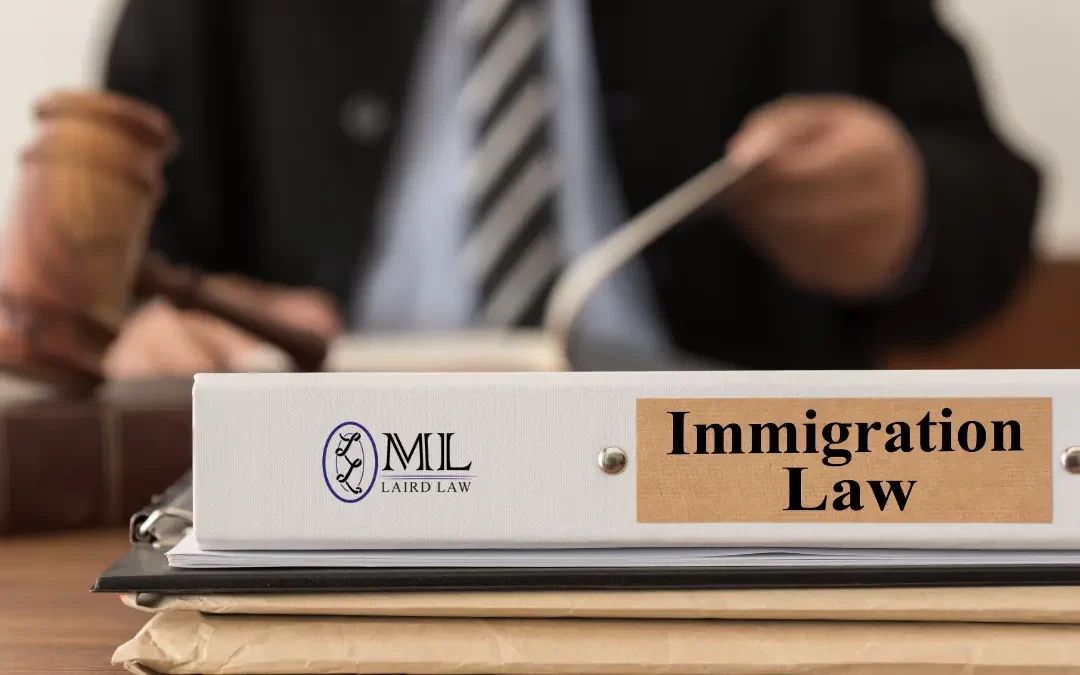Investing in real estate can be highly profitable, but the industry comes with its own risks. Experienced real estate investors use various strategies to mitigate risk while maximizing profits. By being able to provide multiple closing options, such as double closing, you can eliminate competing bids, secure the deal, and maximize your opportunities for profit.
Plus, by familiarizing yourself with the ins and outs of double closing in real estate, you can set yourself apart from other wholesalers and secure a successful future in real estate investing. If you’re considering this strategy as your next money move, you’ll need the right legal expertise to help you navigate the rules and regulations according to your state.
What is a double closing?
A double closing is a real estate transaction in which an investor buys a property and quickly resells it to a new buyer. This process is called double closing– also double escrow– because it involves two independent transactions. The first transaction involves the investor purchasing the property from the original seller. The second transaction involves the investor selling the property to the final buyer. Investors are able to close on the purchase AND sale with each respective party, and each transaction has its own settlement statement.
If you are a real estate investor looking for new ways to increase your profits without risking your progress, this strategy could be a useful tool. In fact, it may be just what you need to take your real estate investment business to the next level. Knowing how to double close may help you save the deal in case of an emergency.
Double closing versus contract assigning
Double closing enables investors to remain in complete control of the transaction, from beginning to end! If a wholesaler isn’t able to assign the contract to an end buyer, being able to facilitate a double close can prove to be an invaluable backup plan. In a double closing, a wholesaler can purchase the property themselves with the intention of a quick turnaround– sometimes within the same day.
Since a double close involves two separate transactions, you can keep your profits completely private. And while assigning contracts is generally less expensive and requires less time, there is the risk of the end buyer renegotiating the deal or even withdrawing completely. The option of double closing allows the investor to remain in control of the transaction and maximize the profits for their investments.
Finding funding for a double close
Double closing may offer several advantages to a real estate investor, but there could be one problem– where’s all this money coming from?
The process is such a quick turnaround that cash is generally recommended, but not required. If a real estate investor or wholesaler does not have instant access to the capital needed, short-term transactional funding can help them secure the deal.
What is transactional funding?
Transactional funding opportunities can help with flash funds and same-day lending, many times without a credit check or financial requirement since you’re using the same funding source.
Other sources of funding can include:
- Home equity lines of credit
- Private financing
- Self-directed IRAs
- Silent financial partner
The pros of double closing
Increased flexibility and control
Double closing gives you more options when it comes to closing the deal. In contrast to assigning contracts, in which there will be potentially many bids, your exclusive ownership of the property will eliminate any competitive bidding.
Protection for your privacy
The process of double closing protects your privacy by keeping the purchase price and other transaction details completely confidential. A licensed real estate agent is typically not required and the process can be beneficial for sellers that may want to keep their life or sale price private, as well as for wholesalers that may want to keep their capital gains private.
Potential to maximize your profits
Since double closing involves two separate transactions– one between the original seller and the wholesaler, and another between the wholesaler and the final buyer– you have the opportunity to really maximize the profits of your investment. This is a popular strategy with real estate investors because there is the opportunity for double the profit!
The cons of double closing
The process is twice the work.
Because double closing involves two separate transactions, it’s safe to say that the process requires twice the work of a regular closing deal. That means more time, effort, and paperwork.
Double closing can be more expensive than assigning contracts.
Not only does double closing require a significant amount of cash upfront, but the process can get more expensive than assigning contracts. Investors have to pay double the closing costs and fees themselves, which could cut profit margins.
There may be more risk involved.
The success of a double closing often relies on attention to detail, which can catch an inexperienced investor off guard. And while the privacy afforded with this strategy has its benefits for the investor, it could be a red flag for the original seller. If the seller suspects that their selling price has been impacted by a lower final sale price, they may choose not to go through with the sale. Although double closing is completely legal in most states, including New Jersey and New York, a lack of legal expertise in real estate could result in a deal going bad.
When is double closing a good option?
With the margin for profit, double closing can be an attractive real estate investment strategy for wholesalers. But not everyone will be successful with it! Before jumping into a big investment, talk to a trusted real estate attorney who can guide you through the legal process and explore the potential risk. Proper market research and legal expertise will help determine whether this strategy could be a resourceful tool for your next investment plan.
A double close is a great option for investors who can find the funds and the legal expertise to complete two separate transactions. If you cannot assign a contract, or if you want to keep your investments confidential while capitalizing on higher profits, a double close provides a reliable backup plan so you can privately secure the deal.
Learn more about real estate law with the leading team at Laird Law
A successful double closing requires strong attention to detail, especially regarding the rules and regulations in your state. If you’re looking to incorporate double closing into your real estate investment strategies, consider reaching out to an experienced real estate attorney.
With the margin for profit, there’s also a large margin for mistakes. The experienced and knowledgeable real estate law team at Laird Law can guide you through the legal process to help you create a lucrative investment strategy and meet your personal investment goals. Contact us today!





